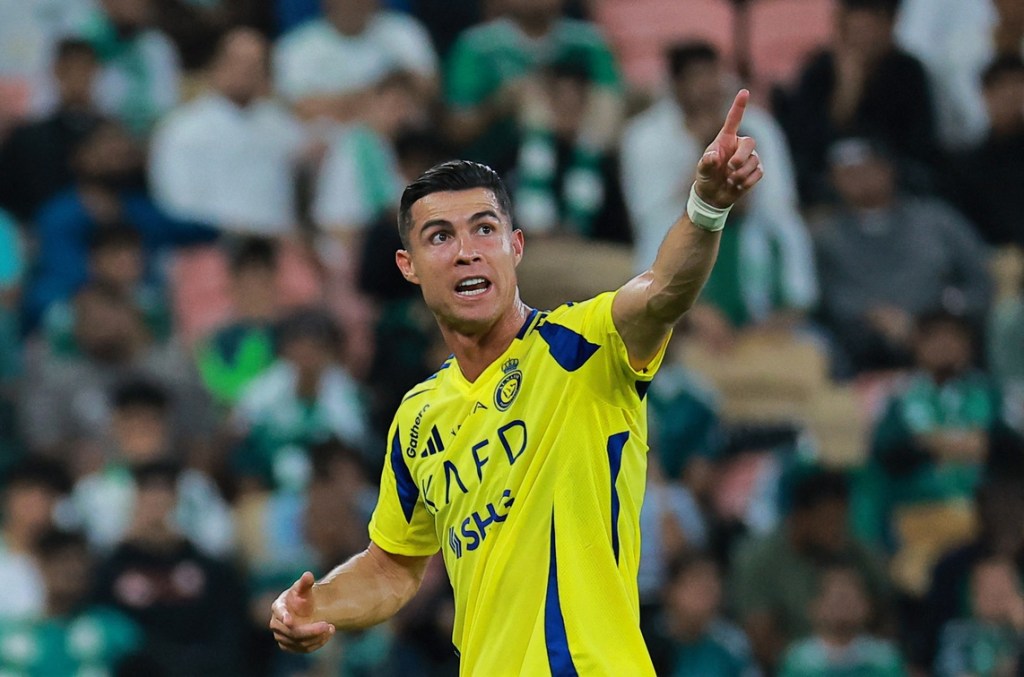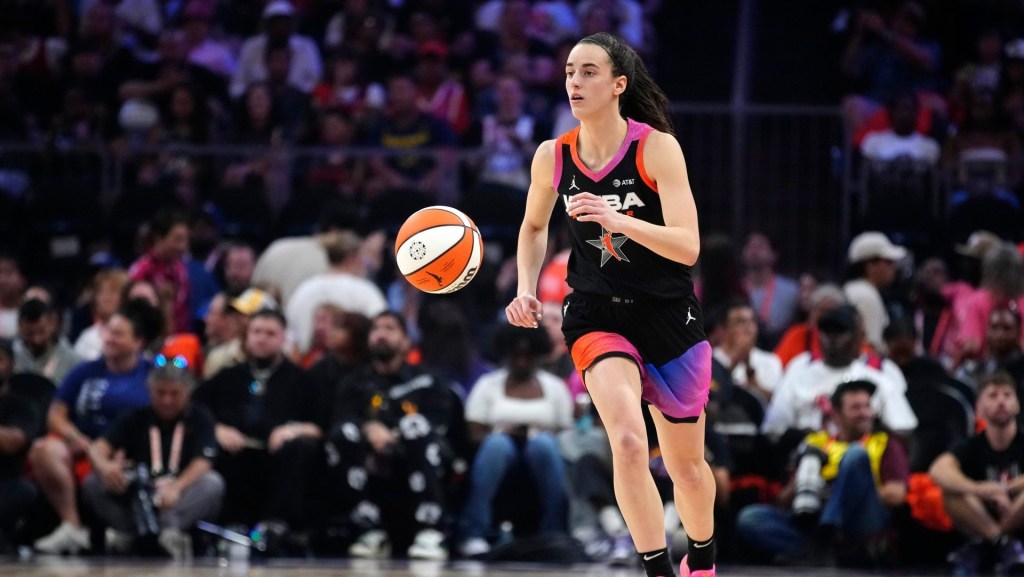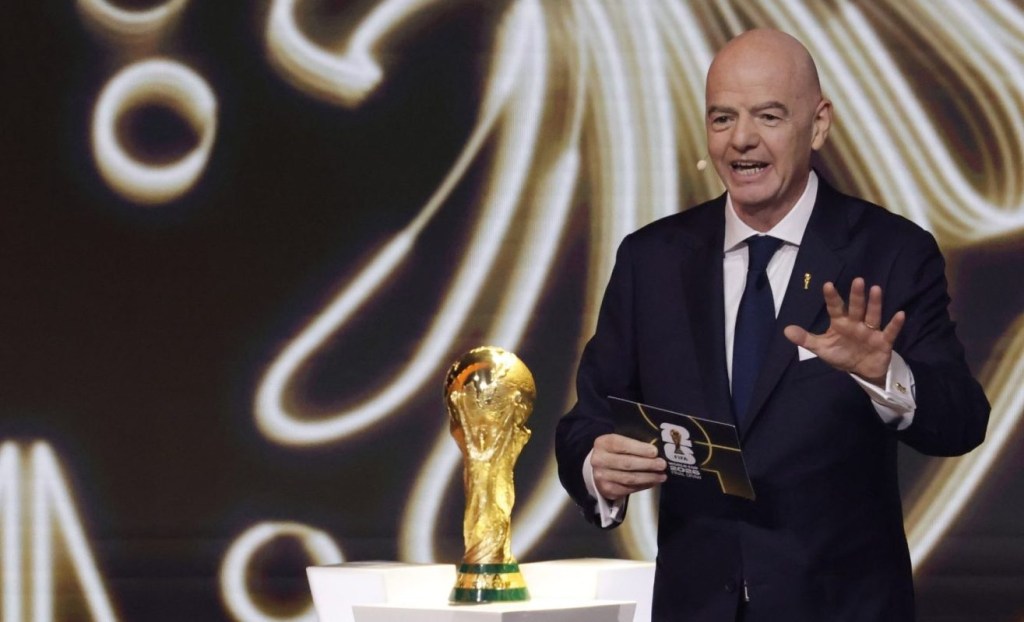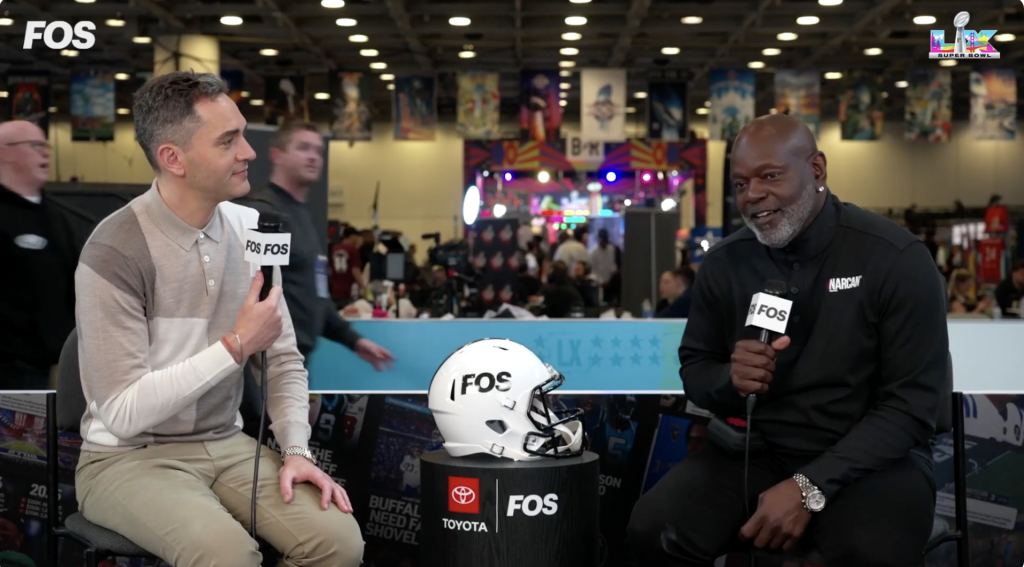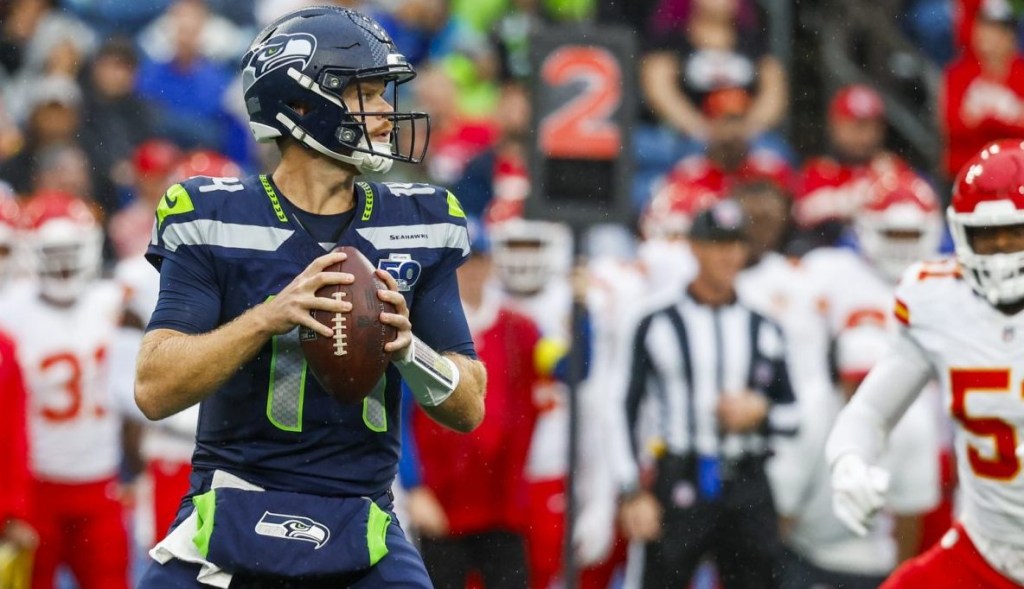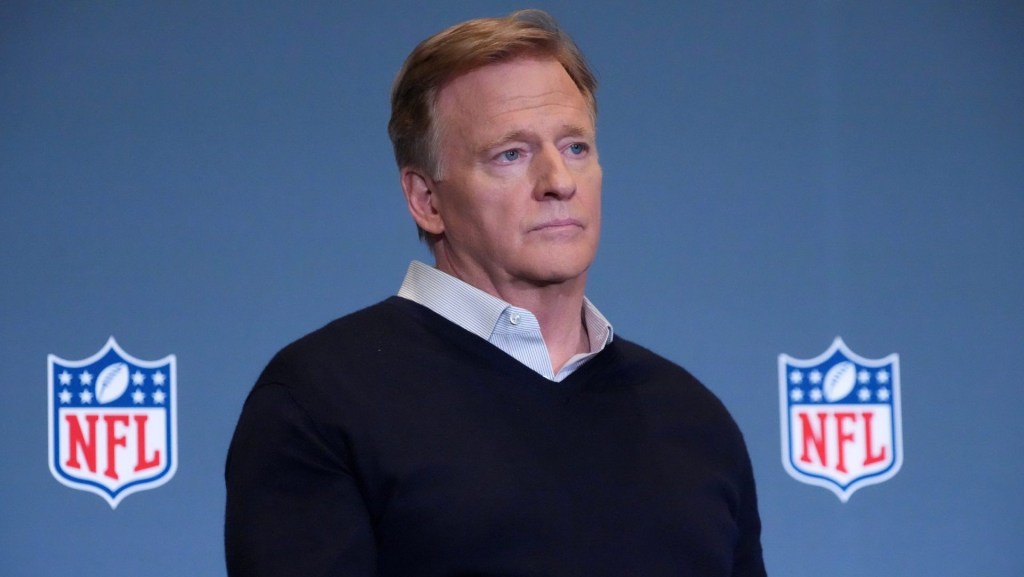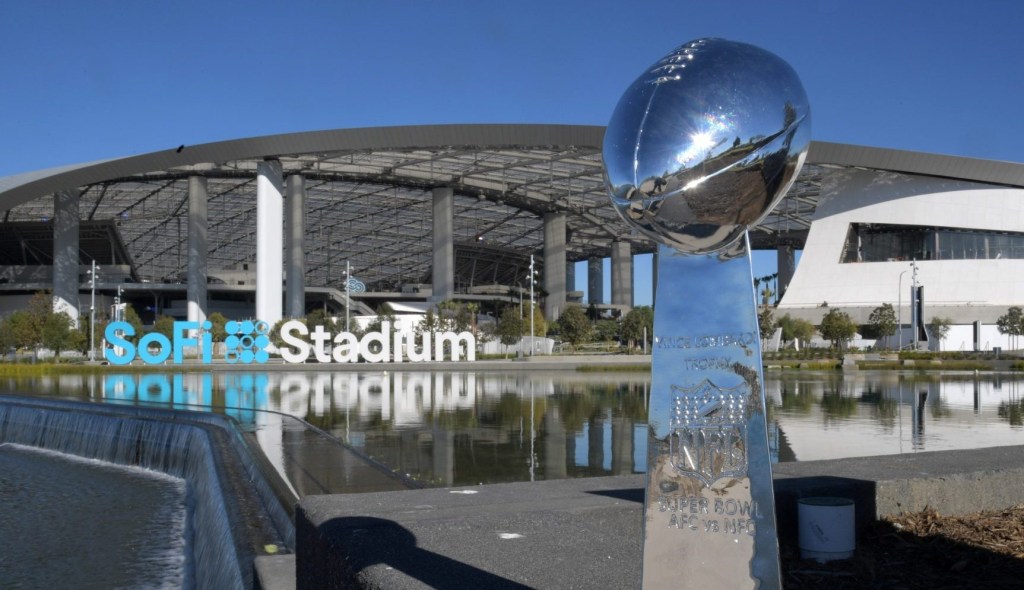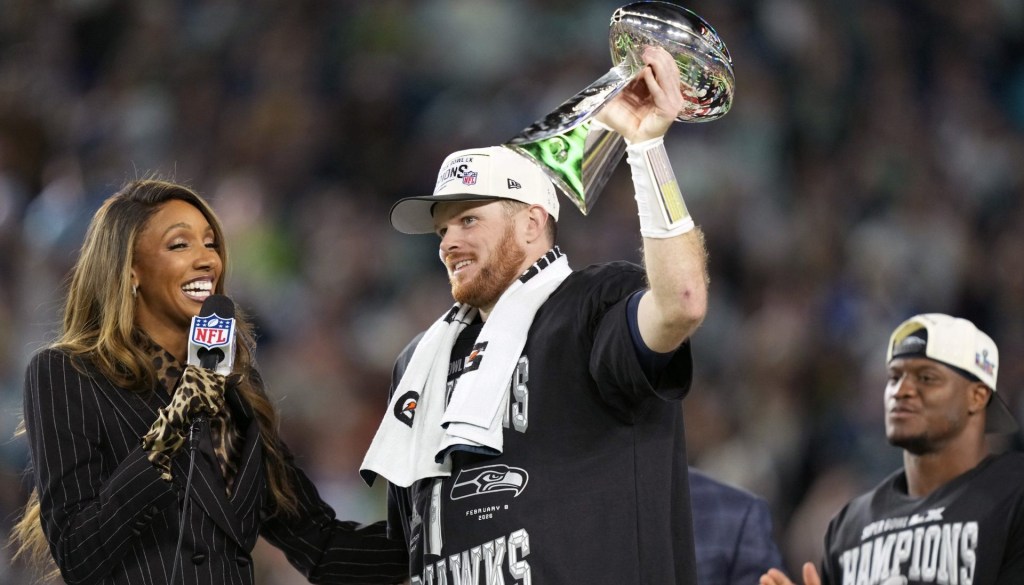Manchester City won a narrow victory against the English Premier League last month in a ruling that was released to its clubs and the public Monday.
An arbitration panel of retired judges ruled that some Premier League rules blocking City from doing sponsorship deals with companies that had shared ownership with teams were “unlawful.”
However, it was a highly technical ruling that saw both Manchester City and the Premier League issue statements Monday declaring victory in the case. The ruling is from a separate panel than the one hearing the league’s 115 financial charges against City, although the sponsorship deals play heavily into those charges. (In 2018, Der Spiegel reported City’s owners fudged its books by hiding the true worth of its sponsorship deals with companies with the same owners.)
The Premier League bylaws governing sponsorship deals are called the Associated Party Transaction rules, and City asked for the APT system to be thrown out entirely. The panel did not do so.
It did rule that:
- The league was wrong to block City’s sponsorship deals with Abu Dhabi–owned Etihad Airways and First Etihad Bank.
- The APT system as a whole was legal, but how the league heard challenges to rulings in the system was “procedurally unfair.”
- The APT rules were “unlawful” to “exclude from their scope shareholder loans.” Loans from ownership to team operations are widespread in the Premier League and sports generally.
- It added that “for no other reason” were the APT rules illegal.
The complex ruling had both sides thanking the arbitration panel.
“The Premier League welcomes the Tribunal’s findings, which endorsed the overall objectives, framework and decision-making of the APT system,” the league said in a statement. “The Tribunal upheld the need for the APT system as a whole and rejected the majority of Manchester City’s challenges. Moreover, the Tribunal found that the Rules are necessary in order for the League’s financial controls to be effective.”
That’s one way to spin it. The other was how Manchester City reacted. “The Club has succeeded with its claim: the Associated Party Transaction (APT) rules have been found to be unlawful and the Premier League’s decisions on two specific MCFC sponsorship transactions have been set aside,” it said in a lengthy statement on its website. “The Premier League was found to have abused its dominant position.”
The team has been the leading power in English soccer since Mansour bin Zayed bin Sultan Al Nahyan of the United Arab Emirates’ sovereign wealth fund purchased it in 2008. City has won the league four years in a row and six of the last seven years. Its detractors—and the Premier League’s 115 charges—argue that City won those laurels by buying an expensive, star-studded roster in ways that broke Premier League financial rules. One Premier League owner told Front Office Sports in August that he believes the trial—still ongoing in London—will end with the Citizens being relegated.
Some English media reports have speculated the ruling could mean that teams like Arsenal and Brighton, which rely heavily on shareholder loans, could be in trouble. Arsenal was among the teams that gave evidence for the Premier League in front of the arbitration panel. It’s possible, although it seems unlikely, that the ruling means ownership loans to teams will now have to charge commercial interest rates instead of the low- or zero-interest-rate loans some owners make now.
City has no debt to its owners, while, for example, the Kroenkes have loaned Arsenal hundreds of millions of dollars at little interest. In front of the arbitration panel, City said that “such loans are obviously APTs” and no different than City’s sponsorship deals. The panel agreed.
The league introduced the APT rules in 2021 after Saudi Arabia’s sovereign wealth fund bought Newcastle United, an attempt to curb the influence of the billions of dollars of Gulf oil money flowing into English soccer.

